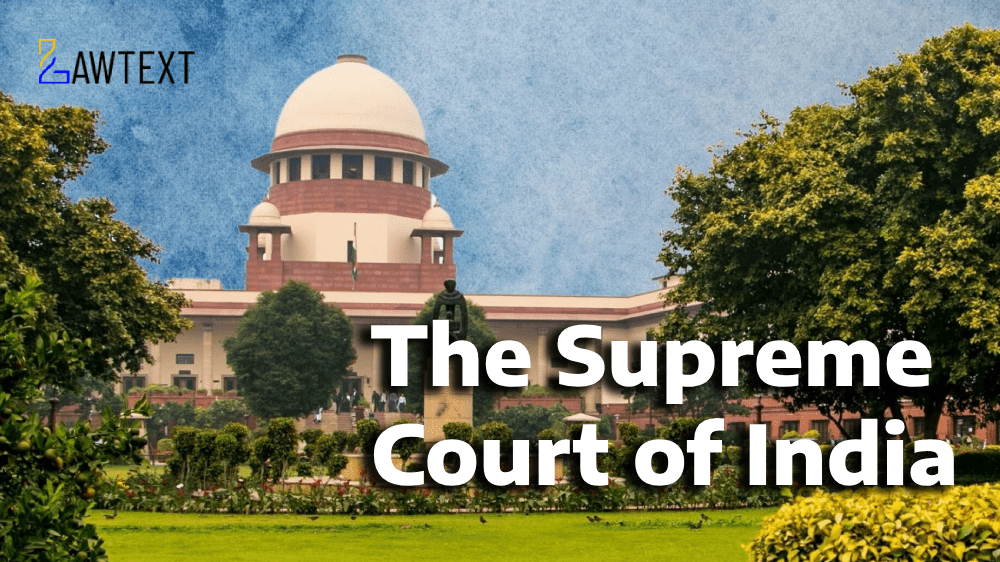

The Supreme Court dismissed a petition under Article 32 of the Constitution, which sought the cancellation of licenses granted to companies exporting arms to Israel. The Court concluded that matters relating to foreign policy, international relations, and international contracts are not amenable to judicial review under Article 32. It highlighted that such issues fall within the domain of the Union Government under Articles 73 and 253 of the Constitution. The Court also emphasized the need for self-restraint in adjudicating on foreign policy matters.
The petitioners, including former civil servants, scholars, activists, and experts in various fields, invoked Article 32 of the Constitution. They sought the cancellation of existing arms export licenses and halting new licenses to Indian companies supplying military equipment to Israel.
The petitioners claimed that India, by allowing arms exports to Israel, is violating international law obligations and constitutional provisions under Articles 14, 21, and 51(c). They also cited rulings of the International Court of Justice on Israel's actions in Palestine and argued that such arms supply would be complicit with violations of the Genocide Convention.
Counsel for the petitioners, Mr. Prashant Bhushan, argued that India is bound by treaties that prohibit supplying arms to nations accused of war crimes and genocide, specifically in the context of Israel’s actions in Gaza.
The Court dismissed the petition, stating that it cannot issue a writ under Article 32 to cancel export licenses related to foreign affairs. The Court also disposed of pending applications for intervention or impleadment.
The Supreme Court held that issues concerning foreign policy, international treaties, and contracts fall squarely within the Union Government's discretion and are not subject to judicial review. The Court reaffirmed the principle of self-restraint in matters involving foreign affairs and international relations, noting the absence of jurisdiction over sovereign states like Israel.
Subject: Foreign Policy, Judicial Review, International Law, Arms Export Article 32, Article 73, Israel-Palestine Conflict, Arms Export, Supreme Court of India, Genocide Convention, International Relations, Indian Constitution
Citation: 2024 LawText (SC) (9) 96
Case Number: WRIT PETITION (CIVIL) NO. 551 OF 2024
Date of Decision: 2024-09-09
Case Title: Ashok Kumar Sharma & Ors Versus Union of India
Before Judge: [Dr Dhananjaya Y Chandrachud CJI. , J B Pardiwala J. , Manoj Misra J.]
Appellant: Ashok Kumar Sharma & Ors
Respondent: Union of India